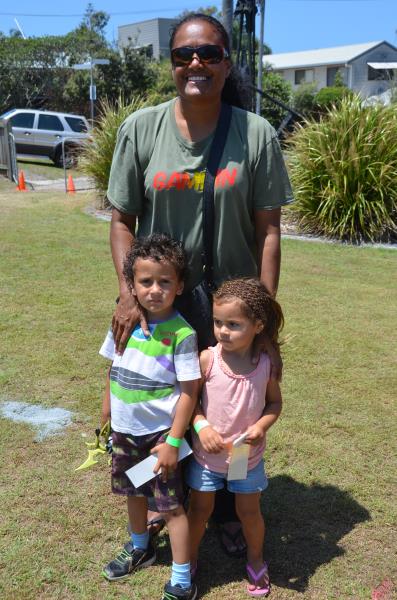A SUCCESSFUL Grassy Weeds Field Day for the Malpas Catchment and Guyra Plateau area was held on 13 August at a property on the western side of Guyra.
The event, organised by Southern New England Landcare (SNELCC) and a group of University of New England Agricultural Extension students, was well attended by 30 interested land managers from the region.
Ten informative guest speakers included representatives from New England Weeds Authority and the New England Livestock Health and Pest Authority, an agronomist and independent ecologist.
These presenters outlined many key issues and management strategies regarding grassy weeds.
A number of facilitated discussions were used allowing local landholders to voice their concerns about African Lovegrass, Chilean Needle Grass, Coolatai Grass, Serrated Tussock, Whiskey Grass and Giant Parramatta Grass.
Roadsides are a major distribution pathway with potential for weeds to be spread by machinery and activities associated with roadside maintenance.
The forum heard that it is very important that these risks are minimised as much as possible by all concerned.
Guest speakers highlighted that preventing invasion by grassy weeds was important and communities needed to work closely together.
Burning, over-grazing and not being able to use livestock to manage roadside infestations are thought to make management of African Lovegrass and Coolatai Grass more difficult.
Landholders were told that integrated weed management strategies can assist in current land use approaches. These strategies can include high-density short-term rotational grazing, correct herbicide application and re-seeding bare soil.
SNELCC anticipates future activities with groups and individual landholders dealing with grassy weeds in the Malpas Catchment and Guyra Plateau area. For further information contact Ruth Tremont at SNELCC on 6772 9123 or ruth@snelcc.org.au


